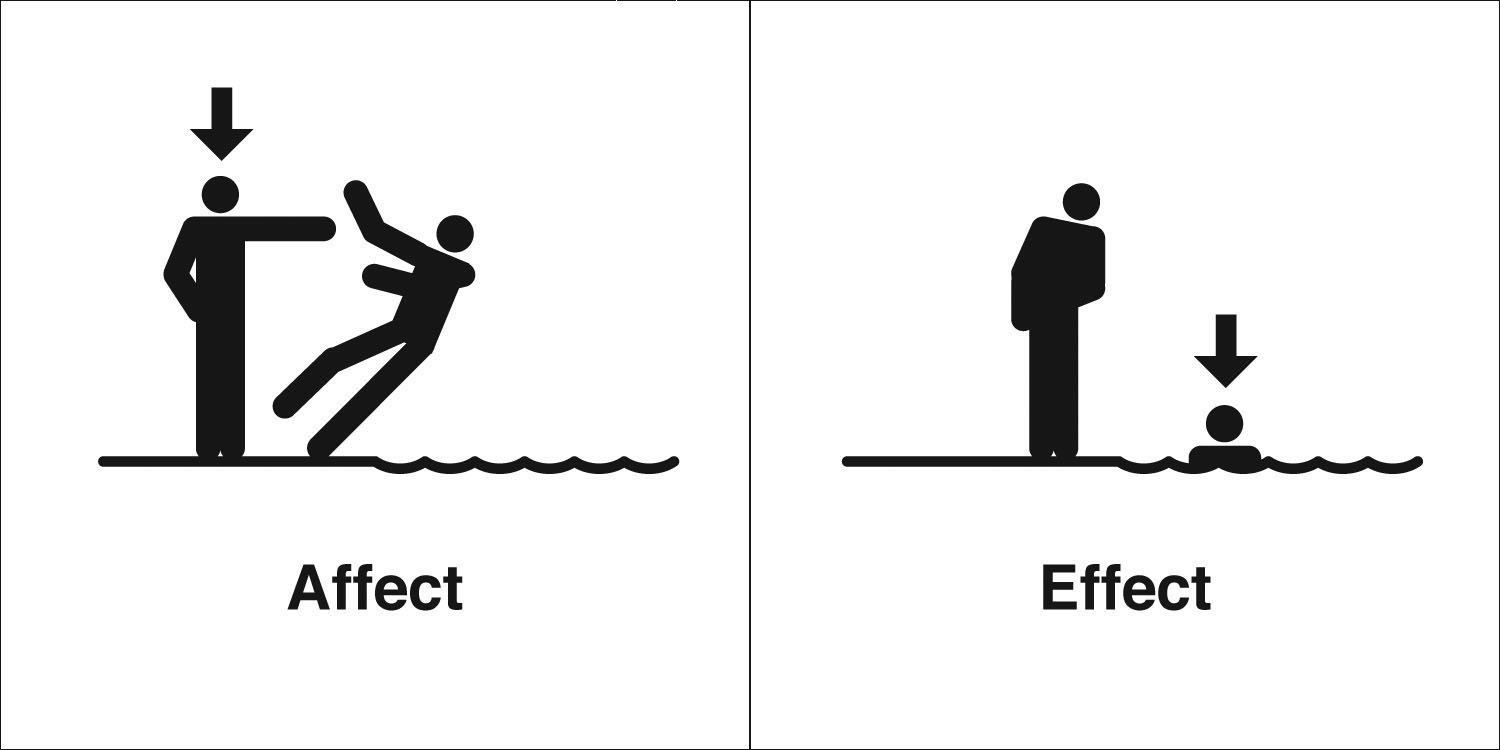
Robert Rosenthal and Lenore Jacobson's study showed that, if teachers were led to expect enhanced performance from children, then the children's performance was enhanced. Within sociology, the effect is often cited with regard to education and social class.


The idea behind the Pygmalion effect is that increasing the leader's expectation of the follower's performance will result in better follower performance. According to the Pygmalion effect, the targets of the expectations internalize their positive labels, and those with positive labels succeed accordingly a similar process works in the opposite direction in the case of low expectations. Rosenthal and Jacobson held that high expectations lead to better performance and low expectations lead to worse, both effects leading to self-fulfilling prophecy. The psychologists Robert Rosenthal and Lenore Jacobson, in their book Pygmalion in the Classroom, borrowed something of the myth by advancing the idea that teachers' expectations of their students affect the students' performance, a view that has been called into question as a result of later research findings.

The effect is named for the Greek myth of Pygmalion, the sculptor who fell so much in love with the perfectly beautiful statue he created that the statue came to life. The Pygmalion effect, or Rosenthal effect, is a psychological phenomenon in which high expectations lead to improved performance in a given area and low expectations lead to worse.


 0 kommentar(er)
0 kommentar(er)
